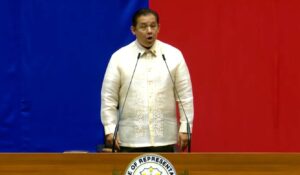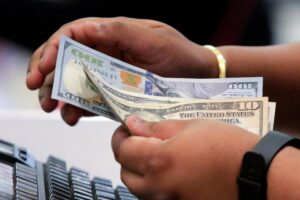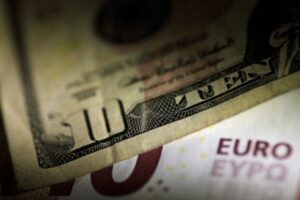Menu
- Daily
Philippine Manufacturing Slows Down in May, S&P Global Reports
business conditions manufacturing PH, inflation pressures manufacturing, job losses manufacturing sector PH, manufacturing sector slowdown PH, Maryam Baluch S&P commentary, new export orders decline, Philippine factory output May 2025, Philippines manufacturing PMI May 2025, PSA manufacturing data July 2025, S&P Global PMI Philippines - National
Philippine Manufacturing Slows Down in May, S&P Global Reports
business conditions manufacturing PH, inflation pressures manufacturing, job losses manufacturing sector PH, manufacturing sector slowdown PH, Maryam Baluch S&P commentary, new export orders decline, Philippine factory output May 2025, Philippines manufacturing PMI May 2025, PSA manufacturing data July 2025, S&P Global PMI Philippines - International
Hotel101 to Develop 10,000 Affordable Rooms in Saudi Arabia Under $2.5B Expansion Deal
affordable hotel chain Saudi Arabia, DoubleDragon hotel project, DoubleDragon Nasdaq listing, Edgar Injap Sia II Hotel101, Featured, global condotel model, Hannah Yulo-Luccini, Hotel101 Horizon Group partnership, Hotel101 Medina Riyadh Jeddah, Hotel101 Saudi Arabia expansion, Vision 2030 tourism Saudi - Editorial
- Next Negosyante
- Crypto News





















Comments are closed for this article!